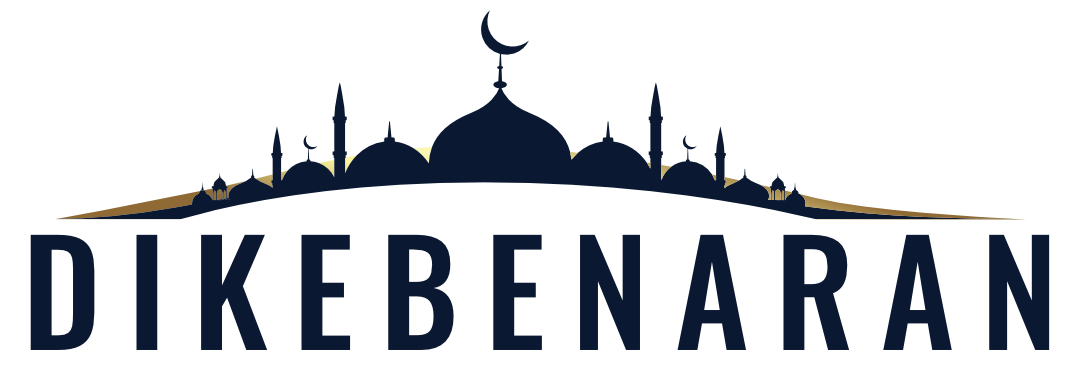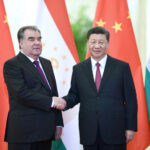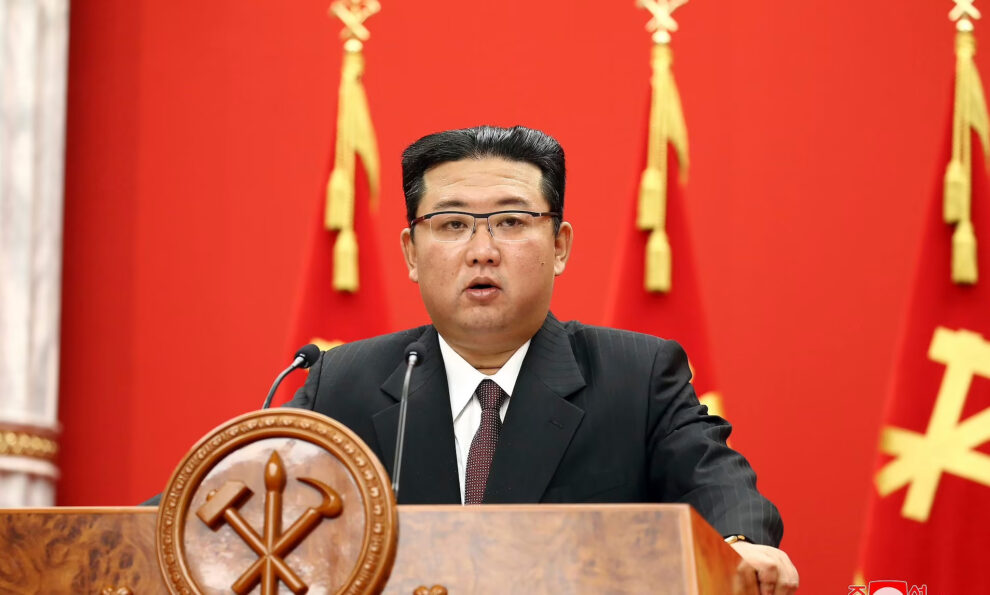Jakarta, CNBC Indonesia – North Korea is reportedly experiencing a food crisis due to the Covid-19 pandemic. Speculation about food shortages in the isolated country has been mounting as its leaders prepare to address the all-important and urgent task of formulating sound agricultural policies.
Quoting AP News , unconfirmed reports say a number of North Koreans have died of starvation. But experts said there was no sign of mass death or starvation.
North Korea needs about 5.5 million tons of grain to feed its 25 million people. However, their national production is estimated at only 4.4 million tonnes. This means that North Korea has a shortage of about 1 million tons every year. About half of the shortfall is usually offset by unofficial grain purchases from China.
“The rest are unresolved deficiencies,” said Kwon Tae-jin, a senior economist at the GS&J Institute in South Korea.
Kwon said restrictions on cross-border trade due to the pandemic had likely hampered unofficial purchases of rice from China. Attempts by North Korean authorities to tighten controls and limit market activity are also exacerbating the situation, he said.
“I believe this year North Korea is facing its worst food crisis since Kim Jong-un took power,” Kwon said.
Experts say the upcoming meeting of workers’ party leaders is likely to provide support for North Korean leader Kim Jong-un for his nuclear weapons program in defiance of US-led pressure and sanctions.
“Kim Jong-un cannot stably advance his nuclear program if he fails to fundamentally solve the food problem because public support will be shaken,” said Lim Eul-chul, a professor at the Kyungnam University Institute in Seoul.
“The meeting was held to strengthen internal unity while bringing together ideas to overcome food shortages,” he added.
The plenary meeting of the Labor Party Central Committee is scheduled for late February. The specific agenda is not known, but the party’s Politburo previously said that a turning point was needed to spur change in the agricultural sector.
The meeting will be the party’s first plenary session held solely to discuss agricultural issues, though it is often the main topic at wider conferences in North Korea. One of the 12 economic priorities the party adopted during its plenary meeting in December was increasing grain production.
It is difficult to know the actual food situation in North Korea considering that the country is very closed, especially since the pandemic. Food shortages and economic hardship have continued since hundreds of thousands of North Koreans died from starvation in the mid-1990s.
In his first public speech after taking the reins of power from his father in late 2011, Kim Jong-un vowed that North Korea would never have to tighten their belt again.
During the first few years of his rule, North Korea’s economy improved as Kim’s policy of tolerating some market-oriented activities and increased exports of coal and other minerals to China, North Korea’s main ally and largest trading partner.
Recently, however, tough international sanctions over Kim Jong-un’s nuclear program and the pandemic have made North Korea suffer again.
Source: cnbcindonesia







